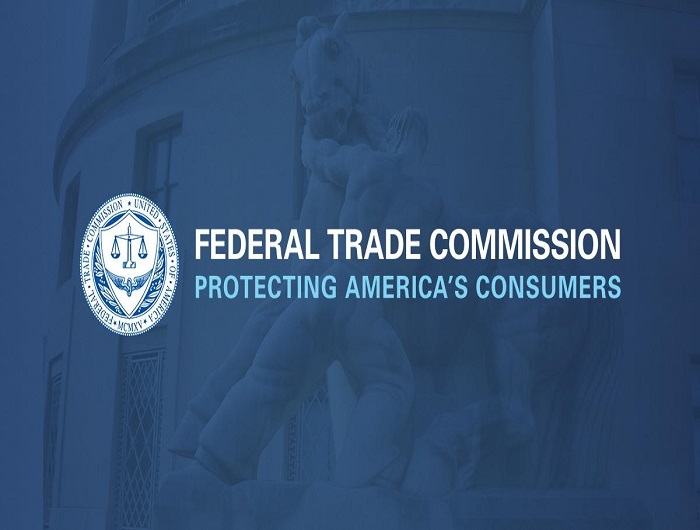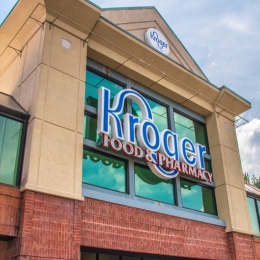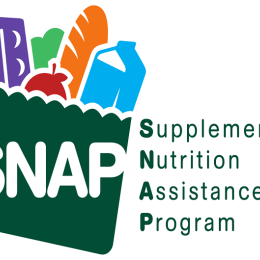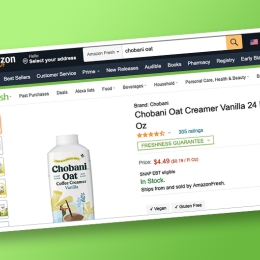Recently, the federal government requested that companies hand over confidential, multi-million-dollar contracts to assess potential harms to American consumers. This is not the ending to the newest spy movie. This is the beginning of the newest investigation into the grocery industry.
You see, food and beverage manufacturers pay food retailers a lot of money to control what products are placed where in your grocery store. These terms are set forth in cooperative marketing agreements, or CMAs, contracts between manufacturers and grocery retailers that specify product price, placement, and promotion. Through these CMAs, Big Food and Big Soda place ultra-processed, sugar-laden products in multiple, prominent places throughout stores like ends of aisles, checkout lanes, and displays at the front of the store, tempting customers to purchase unhealthy products.
Americans’ health is not the only thing CMAs put at risk. CMAs can threaten fair competition by creating high entry costs. For example, exorbitant ‘slotting fees,’ which charge manufacturers to place new products on grocery shelves, disadvantage smaller manufacturers and producers who are then unable to introduce or expand product offerings. ‘Category captain arrangements’ are another anticompetitive grocery marketing practice in which retailers cede marketing decisions to the dominant manufacturer in a given food category, allowing them to make placement and promotion decisions for their products and even their competitors’ products.
Luckily, the Federal Trade Commission (FTC) is charged with protecting consumers and a competitive marketplace. Earlier this year, CSPI asked the FTC to investigate grocery industry trade promotion practices and category captain arrangements under Section 6(b) of the FTC Act. Following our request, the FTC included these asks in a broader investigation into supply chain disruptions. The investigation calls on nine retailers, wholesalers, and suppliers to provide internal documents related to supply chains, pricing, marketing, profits, and market shares to aid the FTC in determining if consumers or competition are being harmed.
Related to CSPI’s request, the FTC asked Walmart, Amazon, and Kroger to produce the contracts that detail their trade promotion practices that determine product choice and marketing, including the total fees received. Additionally, the retailers must disclose their use of suppliers as category captains, including their identity, services, and fees received.
We commend the FTC for taking this action to protect consumers and competition in the grocery store environment. In the coming months, we urge the FTC to make their findings publicly available and pursue any enforcement actions found necessary by the investigation.








